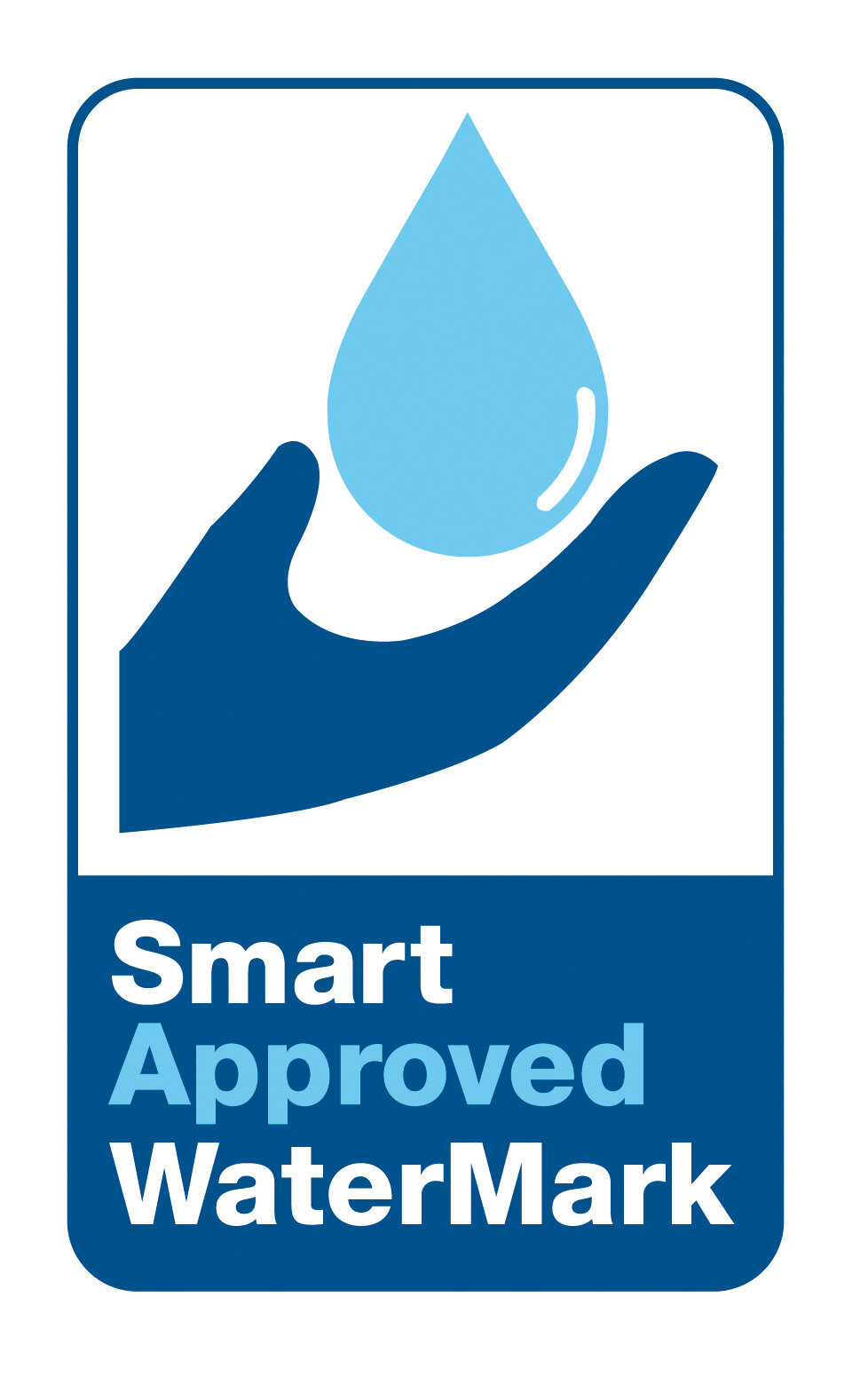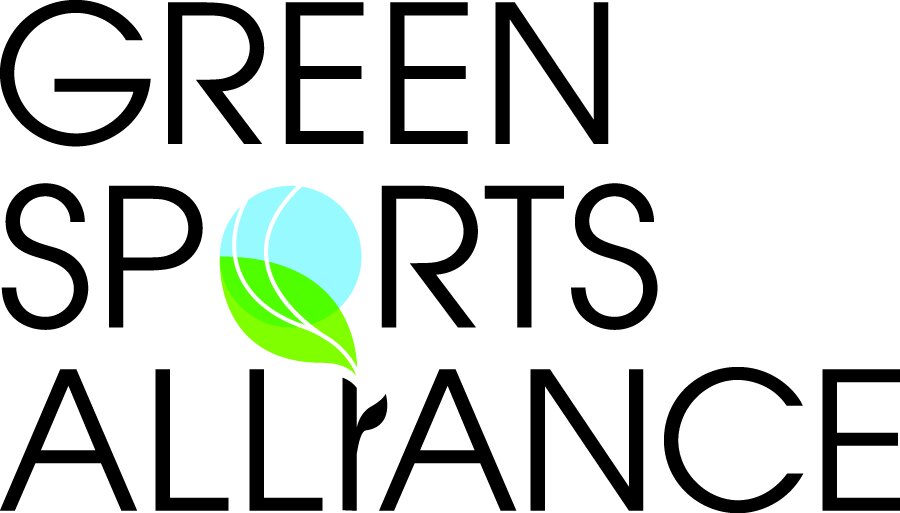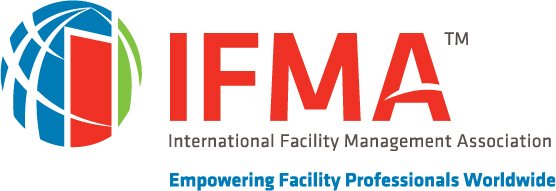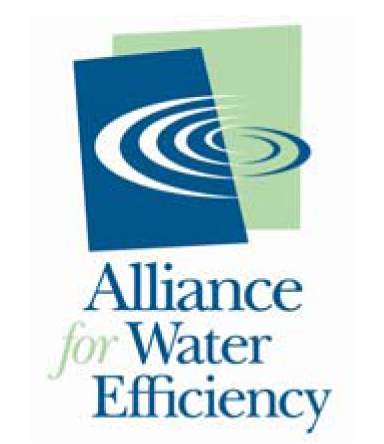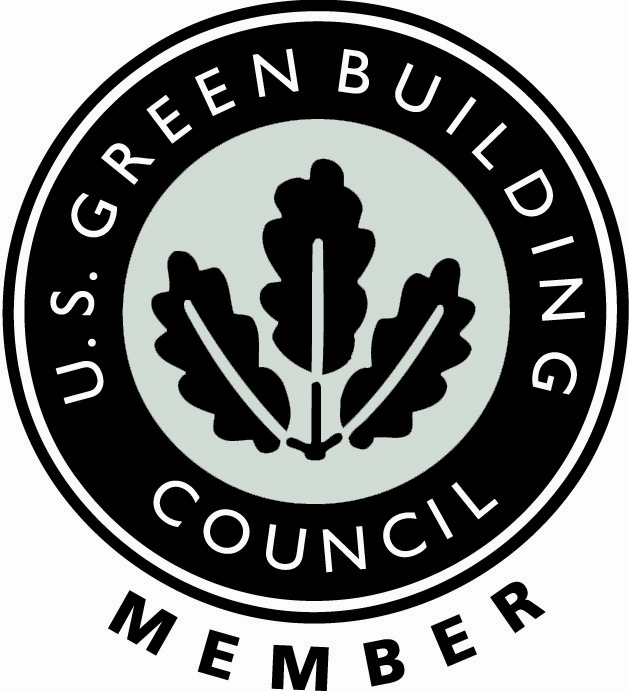Image by Jess Hoots Found on Pixabay
Water Use at Airports
Scale: Large international airports are among the biggest non-municipal water users.
Consumption Levels:
Annually: ~132 million gallons to over 1 billion gallons
Daily: ~400,000 to 3 million gallons (1.4–11 million liters)
Major Areas of Use
Restrooms: Biggest share — toilets, urinals, and sinks (all potable water).
Other Uses:
Drinking fountains and restaurants
Cleaning (floors, terminals, windows, aircraft)
Cooling/HVAC systems (chillers, cooling towers)
Landscaping and irrigation
Specialized uses — aircraft de-icing and fire suppression
Why So High?
Airports function like large cities, combining aspects of office buildings, malls, industrial facilities, and public infrastructure.
Much of the water use isn’t for planes directly, but for the passengers and facilities that serve them.
Conservation Efforts
Airports are adopting strategies to reduce reliance on local water supplies, including:
Leak detection and repair
Low-flow or sensor fixtures
Rainwater harvesting and greywater reuse
On-site wastewater treatment for irrigation/cooling
Integrated water resource management tied to regional water stress
Benchmarking consumption per passenger or aircraft movement
Key Takeaway
Airports consume massive amounts of water, but the majority isn’t for airplanes, the people, facilities, and infrastructure that keep airports running. Increasingly, airports are turning into leaders in sustainable water management through technology and efficiency practices.




